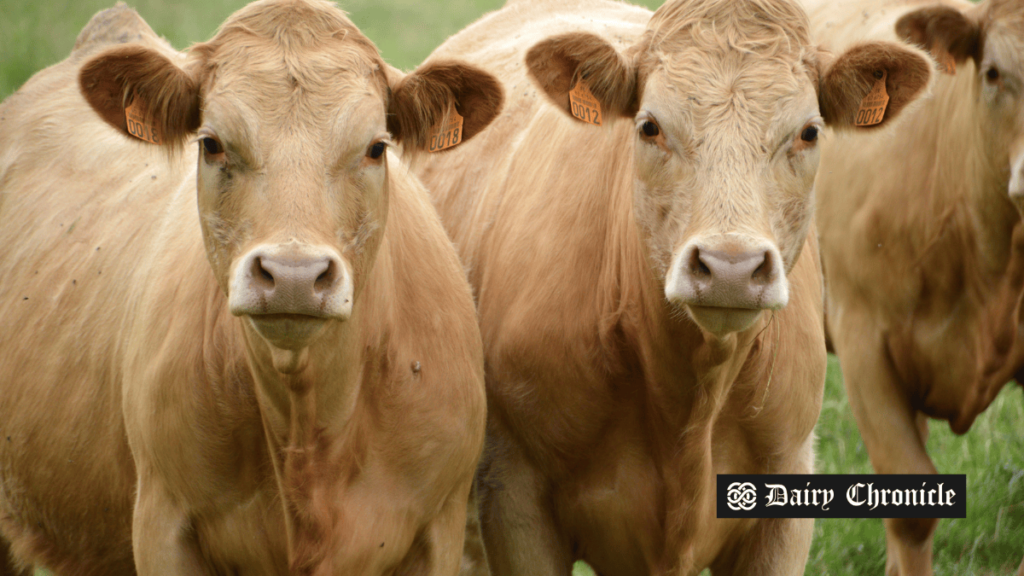The Pennsylvania Department of Agriculture has declared the state’s dairy industry HPAI-free, making it the first major U.S. dairy-producing state to achieve this status. Officials will continue testing milk despite no reported infections in cattle or humans. The state previously implemented testing and transportation restrictions to prevent the spread of bird flu. Authorities urge continued vigilance due to ongoing risks in other states.
The Pennsylvania Department of Agriculture has declared the state’s dairy industry highly pathogenic avian influenza (HPAI)-free, marking a significant milestone in the fight against the disease. Agriculture Secretary Russell Redding announced that Pennsylvania has reached Stage Four in the USDA’s National Milk Testing Strategy, making it the first major dairy-producing state in the U.S. to achieve this status.
The designation confirms that the state’s milk supply has been tested and found free of HPAI in dairy cattle. Despite no reported infections in dairy cattle or humans in Pennsylvania, officials will continue testing milk to ensure safety due to the disease’s presence in other states.
“We are not out of the woods yet, and the threat demands that we keep our guard up,” Redding stated, emphasizing that a proactive response strategy has helped secure the food supply. He credited the Shapiro Administration’s investments and collaborative efforts among state and federal agencies, the dairy and poultry industries, and emergency response teams for minimizing the impact of HPAI.
Ongoing Monitoring and Past Outbreaks
To combat the risk of bird flu affecting dairy cattle, Pennsylvania implemented mandatory testing of bulk milk samples in November 2024 and enforced transportation restrictions on dairy cattle in March 2024 following the first dairy cattle infection in Texas.
In the Lehigh Valley, 5,000 snow geese and a 50,000-bird egg-laying chicken flock on a commercial farm were found infected with bird flu. Since January 2025, Pennsylvania has recorded infections in six commercial poultry flocks, six backyard flocks, and the loss of 2,292,600 birds due to HPAI.
The Pennsylvania interagency response team, comprising the Department of Agriculture, USDA, Penn State Extension, the PA Veterinary Diagnostic Lab System, and state agencies such as the Department of Environmental Protection, Health, State Police, and Pennsylvania Emergency Management Agency, continues monitoring and containment efforts.
Human Health Risks and Prevention
While HPAI does not severely sicken cattle like birds, it can still spread between livestock and poultry. Pasteurized milk remains safe to consume, and properly cooked poultry products and eggs pose no risk, officials reassured.
The emergence of a new H5N1 strain in Nevada dairy cattle underscores the importance of continued vigilance. While human cases have been detected in other states, primarily among workers in close contact with infected animals, the U.S. Centers for Disease Control and Prevention (CDC) states that the risk to public health remains low.
